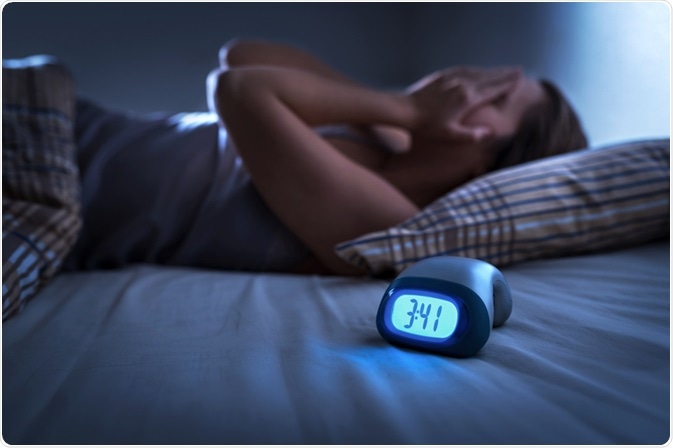
Having trouble sleeping can be a frustrating and exhausting experience. Deep sleep disorders can disrupt your ability to get a restful night's sleep, leaving you feeling tired and irritable during the day. However, there are steps you can take to overcome these sleeping troubles and improve the quality of your sleep.
One common deep sleep disorder is sleep apnea, which is a condition where your breathing repeatedly stops and starts while you are asleep. This can lead to fragmented sleep and a lack of deep, restorative sleep. If you suspect you may have sleep apnea, it is important to consult with a healthcare professional to determine the best course of treatment. This may involve using a continuous positive airway pressure (CPAP) machine while sleeping to help keep your airway open and improve your breathing.
Another deep sleep disorder that can impact your sleep is insomnia. Insomnia is characterized by difficulty falling asleep or staying asleep, and can lead to a cycle of sleeplessness and frustration. To help overcome insomnia, it is important to establish a relaxing bedtime routine and create a sleep-conducive environment. This may include turning off electronic devices an hour before bed, avoiding caffeine and heavy meals close to bedtime, and keeping your bedroom cool, dark, and quiet.
Restless leg syndrome (RLS) is another deep sleep disorder that can disrupt your ability to get a restful night's sleep. RLS is characterized by an uncontrollable urge to move your legs, often accompanied by uncomfortable sensations. This can make it difficult to fall asleep and stay asleep, leading to feelings of fatigue during the day. To help alleviate the symptoms of RLS, it is important to practice good sleep hygiene, such as maintaining a regular sleep schedule and avoiding stimulants before bed. Additionally, gentle exercise and stretching before bed can help reduce the symptoms of RLS and improve your quality of sleep.
Narcolepsy is a deep sleep disorder characterized by excessive daytime sleepiness and sudden bouts of sleep. People with narcolepsy may fall asleep at inappropriate times, such as while working or driving, which can be dangerous. If you suspect you may have narcolepsy, it is important to consult with a healthcare professional for a proper diagnosis and treatment plan. This may involve medications to help control excessive daytime sleepiness and improve your quality of sleep.
Shift work sleep disorder is another common deep sleep disorder that can disrupt your circadian rhythm and make it difficult to get a restful night's sleep. Shift work sleep disorder is commonly seen in people who work non-traditional hours, such as night shifts or rotating shifts. To help overcome shift work sleep disorder, it is important to establish a consistent sleep schedule, even on your days off. This may involve creating a dark and quiet sleep environment, using blackout curtains or a white noise machine to block out disturbances, and avoiding caffeine and heavy meals close to bedtime.
Overall, overcoming deep sleep disorders and improving the quality of your sleep involves establishing good sleep hygiene practices and seeking professional help when needed. By taking steps to address your sleep troubles, you can enjoy a restful night's sleep and wake up feeling refreshed and energized for the day ahead. Remember that a good night's sleep is essential for your overall health and well-being, so prioritize your sleep and make it a priority in your daily routine.